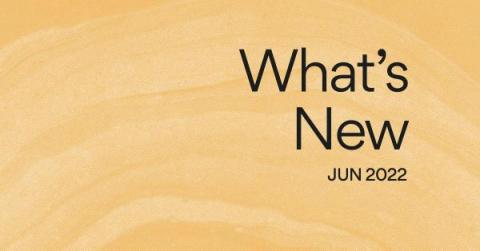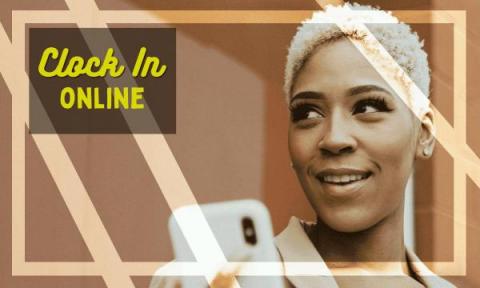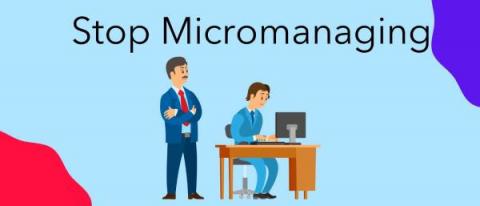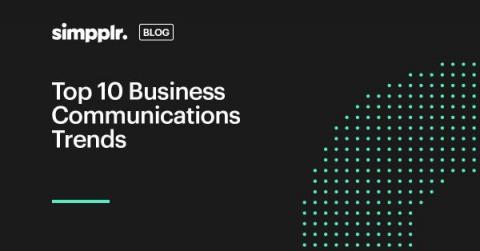Why Monitor Employees? (Reasons And Ethical Considerations)
Employee monitoring tools are popular among small businesses and major companies, especially with the growth of remote workspaces due to the pandemic. But why monitor employees? Employee monitoring tools help track time and productivity levels, among other features. The right monitoring tools are employee-friendly, helping teams track and improve their work efficiency. In this article, we’ll explore seven reasons why you should monitor employees.









